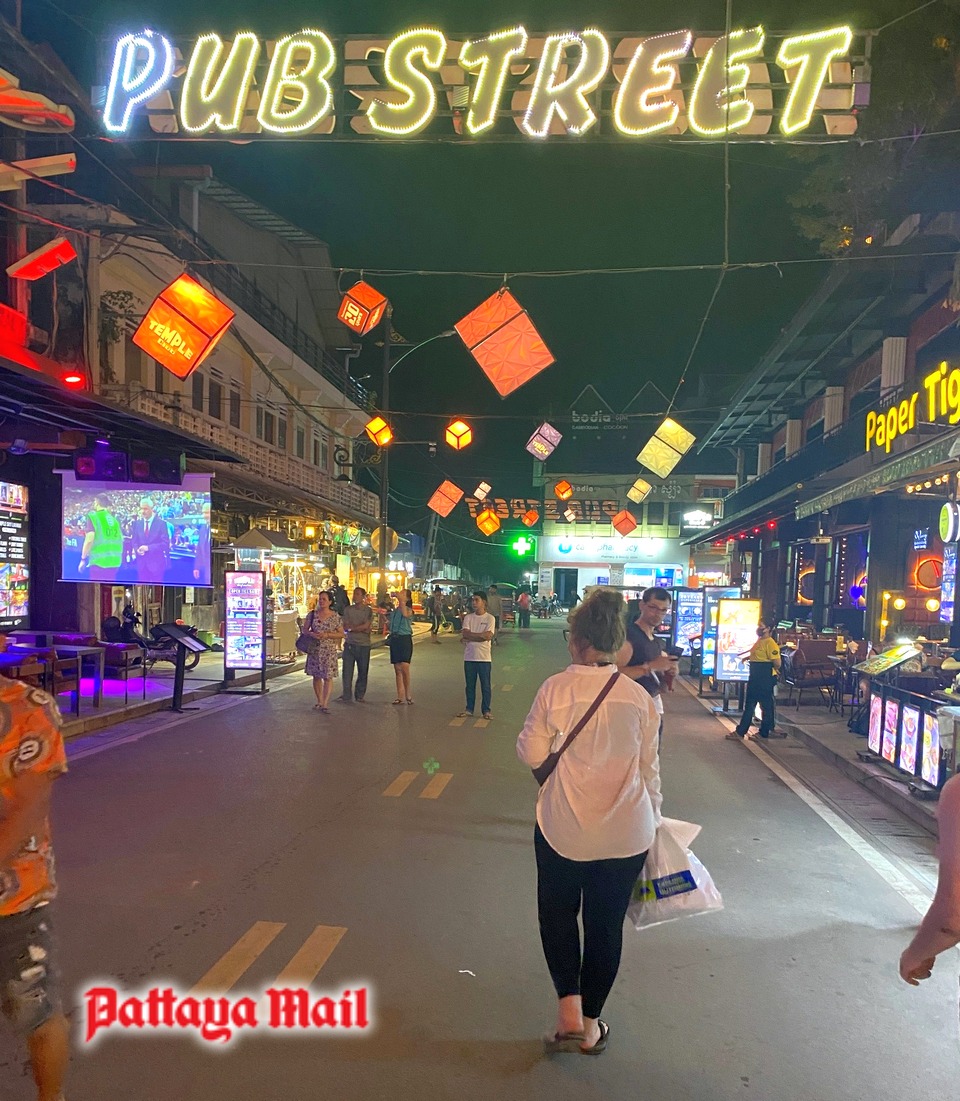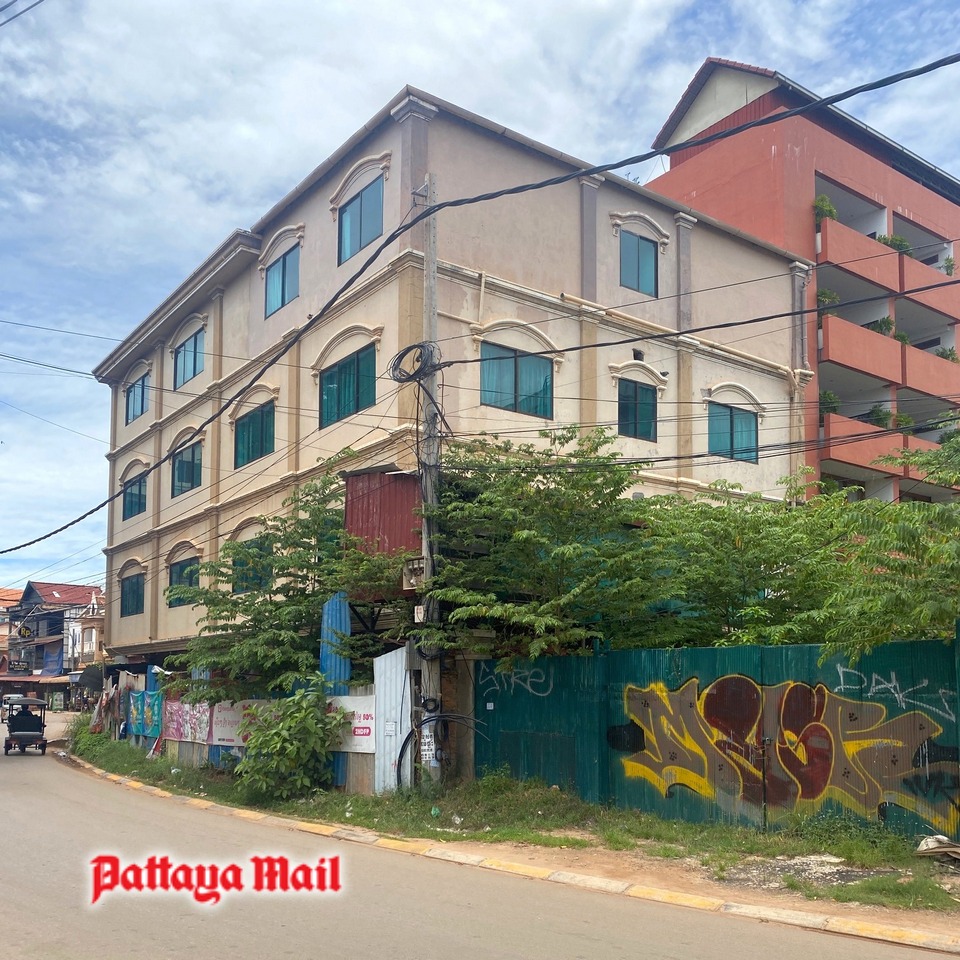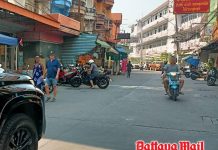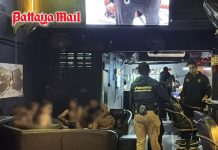
Cambodia’s premier tourist hotspot doesn’t have a beach, but the temples of Angkor Wat usually pull in the crowds. Yet Siem Reap’s progress out of the economic doldrums is slow right now. The bedrock Chinese package tourists are still missing because of Beijing’s coronavirus travel restrictions, whilst the burgeoning Indian holiday market hasn’t hit Cambodia as there are no direct flights from the sub-continent. Meanwhile, Phnom Penh authorities seem apprehensive about authorizing charter flights from any of India’s 34 provincial airports.
As in Pattaya, there’s a massive rebuilding program underway in Siem Reap. Tenement blocks and crumbling hotels have been knocked down and replaced by upmarket accommodation in several districts. Roads have been widened, whilst drainage, sewage, street lights and security cameras are all part of the US$150 million package, according to transport ministry spokesman Sun Chanthol. There’s a ban on high-rise buildings and gas-guzzling tour buses in Siem Reap’s central area as authorities insist on the perpetuation of the relaxed country-town image. It’s a very sensible marketing policy.

Much remains closed, in particular the high-end restaurants such as the Euro-style steak house Tell and the elite Indian restaurant Dakshin’s. Pub Street, the traditional hub of eateries, dance clubs and open bars, is open but with many more empty seats than before the pandemic. Raunchiness is not openly invited here: gogo bars, sexy shows and street solicitation are no-noes. Some massage parlors are open throughout the town, mostly (but not all) suitable for visiting with your grandmother. The tourists right now are mostly European couples, a younger crowd than Pattaya if the small number of bald heads is any guide. Prices are still cool with a glass of ice-cold Angkor lager available for 50 US cents (less than 20 baht) in street bars.
There’s a lot of confidence in the future from foreign investors. Ranjit Nair, an Indian businessman, is promoting Indocom International’s “The Nest” which is a project to establish expat retirement homes in a community and caring setting in Cambodia. The first will be at Oudong Mountain resort in Kandal province. Longterm investor Kevin Quill said the Cambodian authorities were encouraging foreign capital in tourist infrastructure and sunrise industries. Of course, China is now a huge financial backer of Cambodia which in turn is the super-power’s chief ally in ASEAN. But Cambodia’s destiny, and that of Siem Reap province, has a much broader base than the much-publicized Beijing-Phnom Penh connection. The future looks assuredly international.

 |
 |
 |





